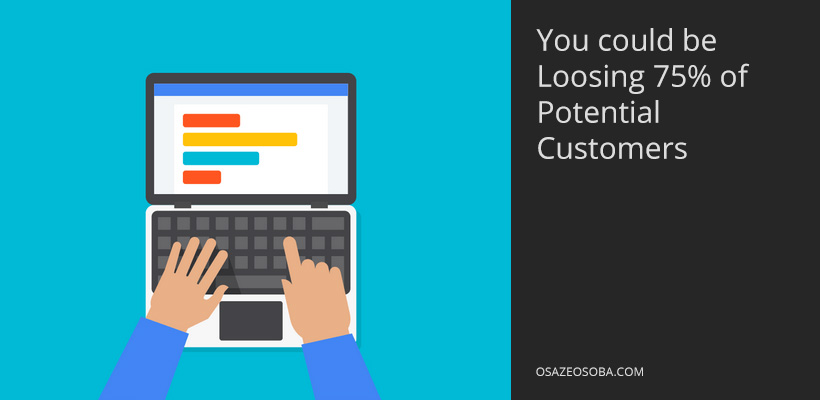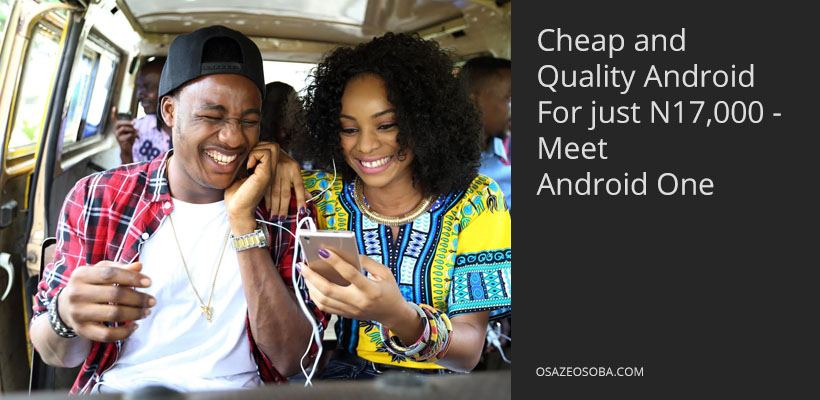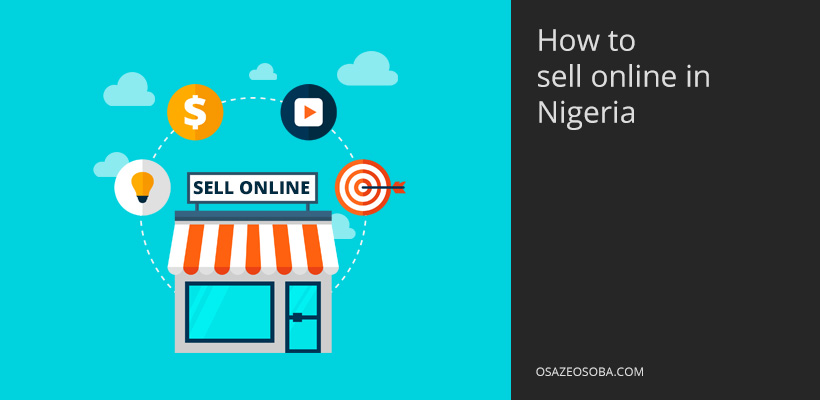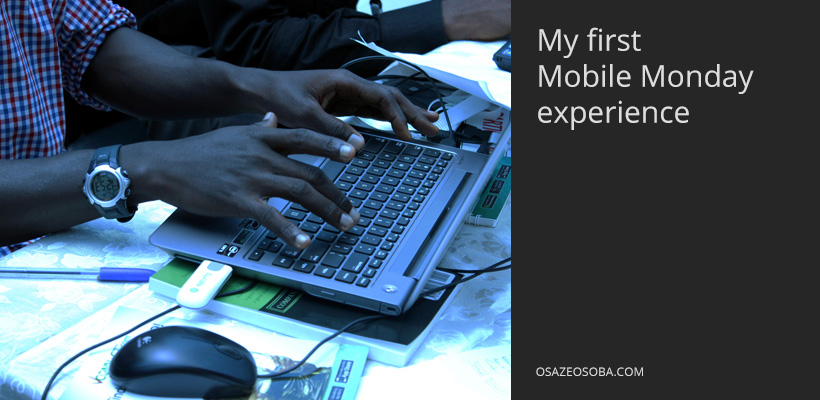In Google’s recently concluded consumer barometer survey, the facts about how today’s consumers use the internet is slowly sinking in; from how TV content is consumed across multiple devices, to where the purchase decision actually starts from. Stats that can provide real business intelligence and support marketing decisions are beginning to roll in, but one data set caught my attention.



